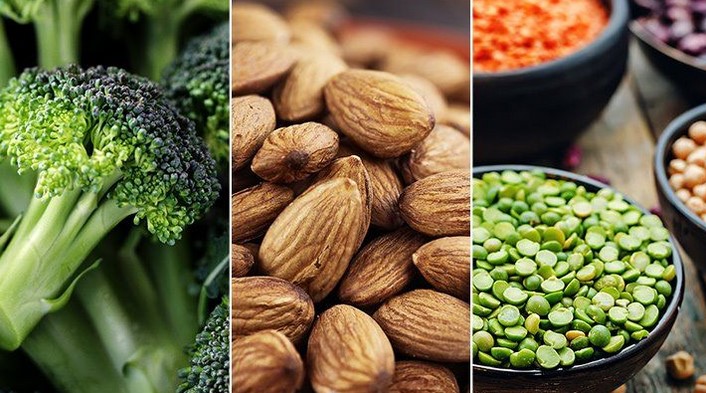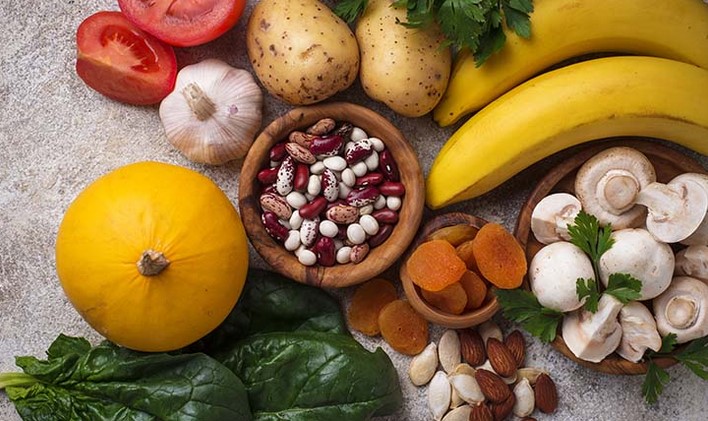
High blood pressure, also known as hypertension, is a prevalent condition that affects millions of people worldwide. It is often referred to as the “silent killer” because it typically has no obvious symptoms, yet it can lead to serious complications such as heart disease, stroke, and kidney damage. Reducing high blood pressure is crucial for maintaining overall heart health and preventing these severe health risks. While medications can help manage high blood pressure, many individuals are seeking natural alternatives to complement their treatment or, in some cases, avoid medication altogether. This article explores various natural methods to lower blood pressure, focusing on lifestyle changes, dietary modifications, and stress reduction techniques.
Understanding High Blood Pressure and Its Risks
The Importance of Managing Blood Pressure
Blood pressure refers to the force exerted by blood against the walls of your arteries as your heart pumps it around your body. When blood pressure is consistently too high, it can damage the arteries, heart, and other organs, leading to an increased risk of cardiovascular disease. Normal blood pressure typically ranges from 90/60 mmHg to 120/80 mmHg, while readings above 130/80 mmHg are considered elevated or hypertensive.
Uncontrolled high blood pressure often doesn’t present any symptoms, making it even more critical to monitor regularly. Without intervention, it can lead to chronic health issues such as heart attack, heart failure, kidney disease, and even vision loss. Therefore, reducing high blood pressure is not only about preventing these risks but also improving overall heart function and quality of life.
Natural Ways to Lower Blood Pressure
1. Embrace a Heart-Healthy Diet
Your diet plays a significant role in managing blood pressure. Certain foods contain nutrients that can help regulate blood pressure and promote cardiovascular health. Here are some dietary changes that can aid in reducing high blood pressure:
- Increase Potassium Intake: Potassium helps balance the effects of sodium and eases tension in the blood vessel walls, which can help lower blood pressure. Foods high in potassium include bananas, sweet potatoes, spinach, beans, and avocados. Ensuring you get enough potassium can help you maintain a healthy balance and support blood pressure management.
- Limit Sodium: Excessive sodium intake is a major contributor to high blood pressure. The American Heart Association recommends no more than 2,300 mg of sodium per day, with an ideal limit of 1,500 mg for most adults. To reduce sodium intake, avoid processed foods, fast food, and canned goods, which are often high in salt.
- Focus on Whole Grains, Fruits, and Vegetables: A diet rich in fiber, vitamins, and antioxidants can improve heart health. Foods like whole grains (brown rice, quinoa), fruits (berries, citrus fruits), and vegetables (leafy greens, tomatoes) support cardiovascular function and help lower blood pressure. The DASH (Dietary Approaches to Stop Hypertension) diet is specifically designed to help reduce high blood pressure and includes these heart-healthy foods.
- Include Omega-3 Fatty Acids: Omega-3 fatty acids found in fatty fish (salmon, mackerel), walnuts, and flaxseeds can help lower blood pressure and reduce inflammation in the body. Including these healthy fats in your diet can improve heart function and circulation.
By focusing on a balanced, nutrient-dense diet, you can support your efforts in reducing high blood pressure while also promoting better overall heart health.
2. Regular Physical Activity
Exercise is one of the most effective ways to lower blood pressure and improve cardiovascular health. Regular physical activity helps strengthen the heart, enabling it to pump blood more efficiently, which reduces the force on your arteries. Aerobic exercises, in particular, are beneficial for controlling high blood pressure.
- Moderate-Intensity Exercise: Activities such as brisk walking, cycling, swimming, or dancing can help lower blood pressure. Aim for at least 30 minutes of moderate-intensity exercise most days of the week. Consistent exercise helps improve circulation, reduce stress, and maintain a healthy weight, all of which contribute to lowering blood pressure.
- Strength Training: While aerobic exercise is most commonly associated with lowering blood pressure, strength training also plays a role in heart health. Incorporating weightlifting or bodyweight exercises two to three times a week can help you build muscle and increase metabolism, supporting your cardiovascular system.
- Yoga and Stretching: Yoga and other relaxation-based exercises can help reduce blood pressure by promoting relaxation and reducing stress. Practicing deep breathing, mindfulness, and yoga postures can improve your overall sense of well-being while helping to alleviate the physical tension that contributes to high blood pressure.
Consistency is key when it comes to physical activity. By making exercise a regular part of your routine, you can help manage blood pressure naturally and support heart health over time.
3. Stress Management and Relaxation Techniques
Chronic stress is a known contributor to high blood pressure. When you’re stressed, your body releases hormones that can cause your blood vessels to constrict, temporarily raising your blood pressure. Managing stress is a crucial aspect of reducing high blood pressure, and there are various methods you can try to achieve a more relaxed state.
- Mindfulness and Meditation: Regular mindfulness practices, such as meditation, deep breathing, or progressive muscle relaxation, can help activate the body’s relaxation response and reduce blood pressure. Spending just 10-15 minutes a day practicing mindfulness can make a significant difference in your stress levels and overall blood pressure.
- Adequate Sleep: Poor sleep can lead to increased stress and elevated blood pressure. Aim for 7–9 hours of quality sleep per night to support optimal health. Good sleep hygiene, such as maintaining a regular sleep schedule, creating a calming bedtime routine, and avoiding caffeine before bedtime, can help improve sleep quality.
- Social Connection: Spending time with loved ones, participating in group activities, and building supportive relationships can also help reduce stress. Social support provides emotional comfort and helps you feel connected, which can positively affect both mental and physical health.
Incorporating stress management practices into your daily life can have a profound effect on your ability to manage blood pressure and promote better heart health.
Reducing high blood pressure is essential for maintaining heart health and preventing long-term complications. While medication can be an important tool for managing hypertension, incorporating natural solutions into your daily routine can be equally effective. By embracing a heart-healthy diet, staying active through regular exercise, and incorporating stress management techniques, you can take control of your blood pressure and improve your overall well-being. Consistency and commitment to these natural practices will not only help in reducing high blood pressure but will also enhance your quality of life and protect your heart for years to come.



